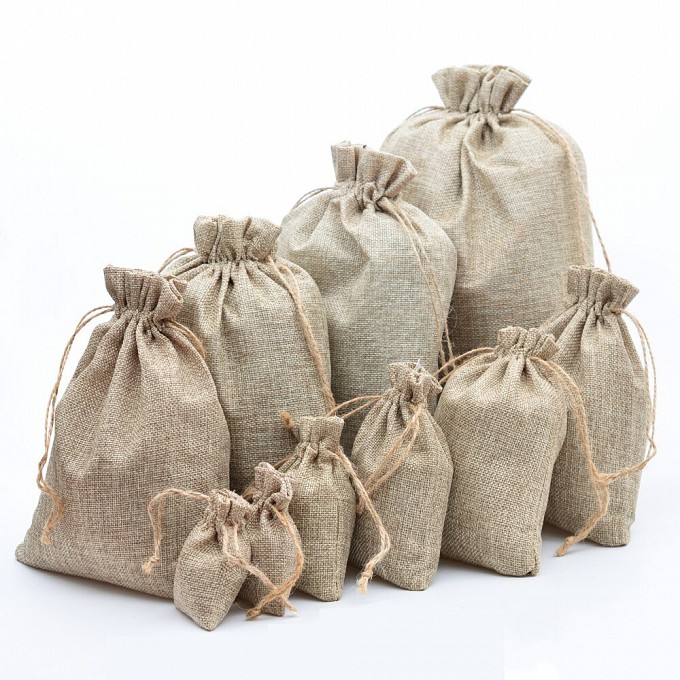
The Ministry of Economy is looking for a way to install customs payments
While the Ministry of Agriculture is trying to launch the process of quotas for the import of seeds from abroad, the Ministry of Economy is working on the possibility of installments for six months on customs duties on imports of these products and plant protection products. According to officials, the measure should stabilize the prices of final products. But manufacturers doubt that this goal will be achieved only by postponing, and offer to give VAT benefits.
At a meeting held on September 8 in the Ministry of Agriculture, it became known that the Ministry, together with the Ministry of Economy, is working on the issue of granting a deferral on customs duties to importers of seeds and plant protection products. Several participants of the meeting told Kommersant about this. According to them, the initiators of this idea believe that this measure should contribute to the stabilization of prices for seeds and NWR. The Ministry of Economy expects that users of the benefits will assume obligations to curb prices, another participant of the meeting told Kommersant.
The Ministry of Economy confirmed to Kommersant that work in this direction is underway, adding that it is premature to comment on the details. The Ministry of Agriculture did not answer Kommersant's questions.
The amount of customs duty is 5-10% of the value of imported goods.
The Customs Code of the EAEU now allows you to postpone the payment of these fees for six months, but this measure does not work, explains one of the interlocutors of Kommersant. The reason is the absence of a specific list of seeds and NWR approved at the EAEU level for preferential treatment.
The Ministry of Economy and the Ministry of Agriculture intend to initiate the creation of this list, the interlocutor of Kommersant clarifies. Meanwhile, the press service of the Eurasian Economic Commission told Kommersant that they were not aware of the plans of the Russian side.
Not all participants in the NWR market support the proposed easing. The Russian Union of Manufacturers of Chemical Plant Protection Products calls the initiative "unacceptable and completely contrary to the state policy on import substitution and the country's food security doctrine." The volume of production of NWR in the country is 380 thousand tons per year, while consumption does not exceed 220 thousand tons, the representative of the union notes. "This means that full security has been achieved in Russia, and this measure is direct support for foreign companies," he insists. The National Union of Breeders and Seed Growers is ready to publish a common position after collecting the opinions of all its members.
The situation with seeds is different. Now the Ministry of Agriculture is discussing quotas for seed imports (see Kommersant of August 5). "For some crops, this can lead to a catastrophic shortage of seeds in the domestic market," predicts one of the interlocutors of Kommersant. Dependence on foreign seeds for sugar beet reaches 97%, sunflower — up to 77%, corn — up to 50%. If quotas are accepted, the interlocutor of Kommersant believes, exemption from payment of duties and fees is unlikely to help farmers.
A source of Kommersant in the crop production market explains that the postponement of payments on customs duties is unlikely to affect the reduction in the cost of agricultural products and seeds, since importers will still have to pay fees in six months.
In addition, he continues, the share of NWR and seeds in the cost of final products does not exceed 15% and 10%, respectively, so you should not count on reducing its final cost.
Another difficulty will be the need to obtain a bank guarantee necessary for postponement, according to another interlocutor of Kommersant. Banks issue such guarantees at 10%, which makes the benefit of customs duties meaningless, he explains. It should be borne in mind that if a decision is made to defer payments, their payment is postponed to the spring of 2023 — the period when farmers finance the sowing campaign, says a representative of another large agricultural holding.
At a meeting in the Ministry of Agriculture on September 8, the head of Soyuzsakhar, Andrey Bodin, proposed to give a delay not only on duties, but also on VAT on imported goods, which is 20%. Representatives of the Ministry of Economy said at the meeting that they intend to work on this issue with the Ministry of Finance.